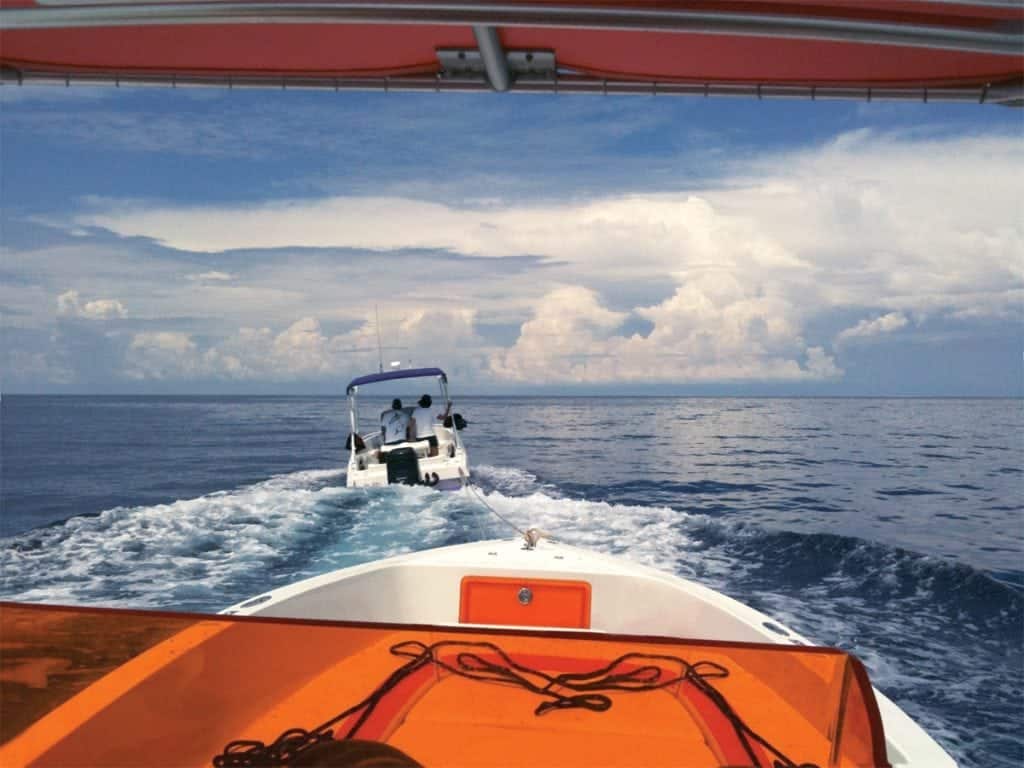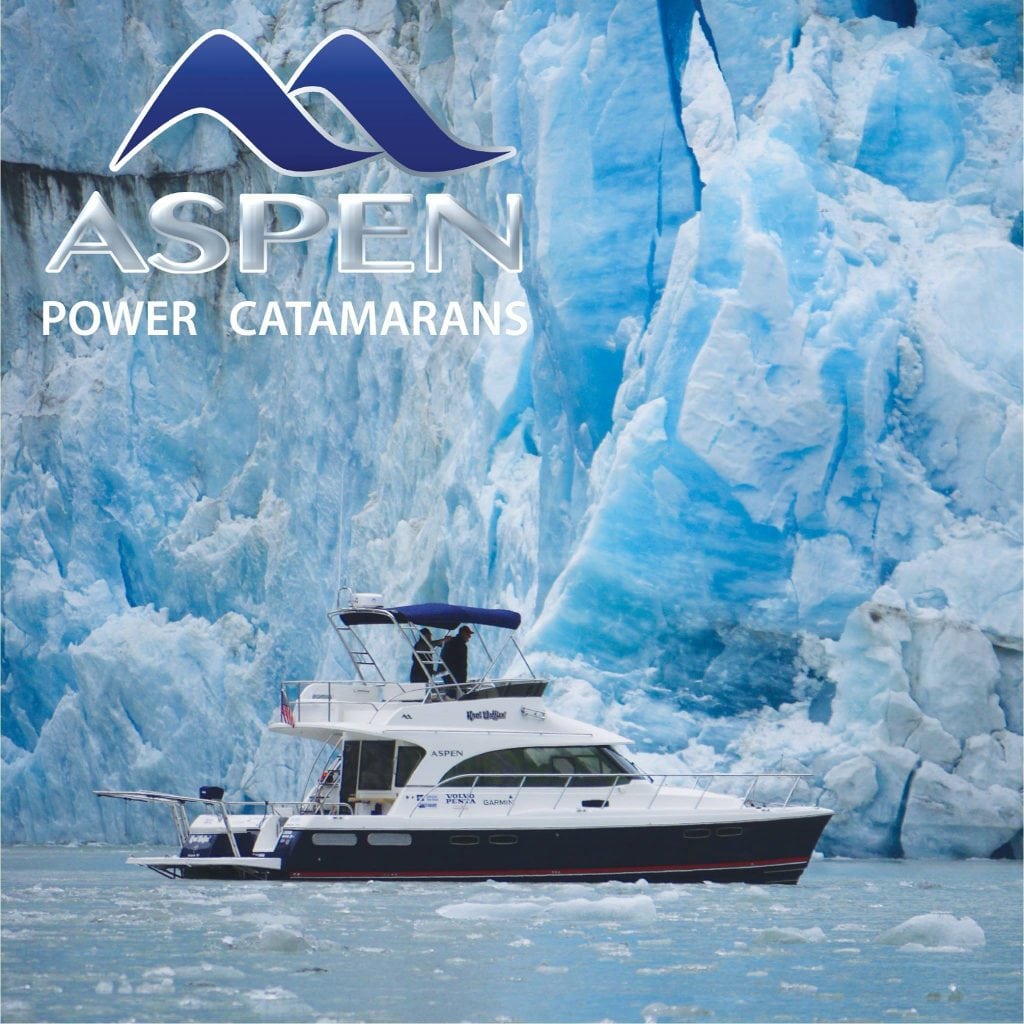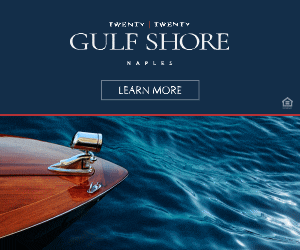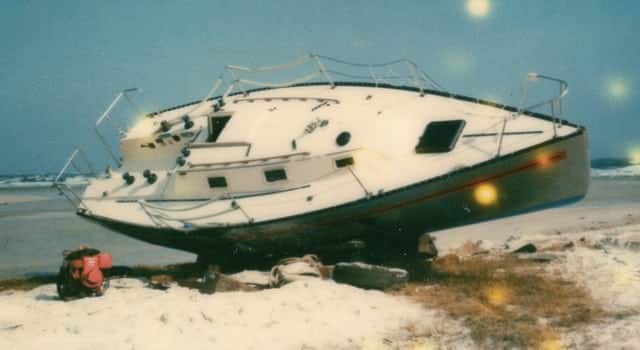When you need a tow in the Bahamas, you’ll have to rely on the buddy system
When the engine went kaput on Eric Wilmott ’s boat, he didn’t panic. Eric and his friends were all experienced boaters. Everyone had a call-a-friend contact for a situation just like this. Unfortunately, they made a major miscalculation; the friends on their help-me call list were all on the boat. “We were like, damn it, who we gonna call?” says Wilmott. “Everyone’s on the boat!”
The tried and true system in The Bahamas for non-distress, on-water assistance is to call a friend. It’s a buddy system that relies on a version of the Golden Rule: Have good friends who also own boats. And when that fails, make friends with nearby boaters and hope an angel is whispering in their ear, “What if it was you?”
Wilmott and his friends felt some relief when they saw a commercial fishing boat heading for Ragged Island. But that quickly faded after the boat passed, despite their efforts to flag it down. They made contact with the boat on the radio and established that they had a connection to the vessel’s island of origin, Spanish Wells. Sure enough, the fishing boat turned around and provided a partial tow to a popular dive spot near Rose Island. There, they anchored safely to figure out the rest.
Wilmott called a fellow captain in Nassau who was able to gain access to a boat by one of Wilmott’s friends. He successfully “rescued” the disabled boat and its passengers.
The comedy of mishaps that unfolded on this uncharacteristic day has many valuable lessons about the reality of boating in The Bahamas and the absence of an industry for towing and on-water assistance.
Push Button Mentality
“The push-button mentality doesn’t work in The Bahamas,” says Chris Lloyd, operations manager for the nonprofit Bahamas Air Sea Rescue Association (BASRA). Referring to the red DCS distress button located on VHF radios, the vast marine environment in The Bahamas has no such system.
The same idea goes for EPIRB alerts. NOAA gets the distress signal, whether it is intentional or not. But for help to be dispatched in The Bahamas, the message has to travel through a bureaucratic chain of command via the USCG District 7 to the U.S. Embassy to the Royal Bahamas Defence Force. They might respond directly or call BASRA, but if time is of the essence, an EPIRB alert alone is not sufficient for an emergency plan. BASRA and the Royal Bahamas Defence Force are the air and sea rescue operators in The Bahamas; their purpose is lifesaving in emergency situations. Broken down, out of fuel and disabled does not automatically qualify as distress under BASRA’s emergency response protocol.
In boating markets with economies of scale, on-water assistance is rendered by specialized commercial operators according to a contract. Not in The Bahamas. Assistance is rendered primarily by volunteers according to an unwritten code: You help fellow boaters in need. Help is relative, of course, and in non-emergency situations, it’s dependent on goodwill.
Try, try and try
Entrepreneurs have tried to set up towing businesses, but in The Bahamas, high costs, scattered islands and low volumes don’t make for a sustainable operation. Besides, local boaters often scoff at the idea of paying $300 per hour to engage someone commercially, when they know they can call a friend, and international boaters loathe the idea of paying out of pocket and waiting on an insurance reimbursement.
If necessary, there are some companies that offer on-water assistance as an add-on service to supplement their core business. Capt. Adam Cash, a part owner of Sunset Marine and Boat Rentals, says mechanic marinas are often the best places to look for commercial support locally.
“It is an undeveloped area in The Bahamas,” he says. “My team is ready to assist in any way possible, but generally speaking, the avenues are not readily available like they are in America where you have companies that specialize.”
While maintenance-related calls are prevalent, Capt. Cash says he might only receive three to four calls for commercial towing in a six-month period. Sunset Marina offers boat towing and on-water assistance in the Abacos. They also service distress calls for boats in the Moorings Yacht Charter fleet. Although the relationship is informal, Cash has received contract calls from TowBoatU.S.
Just in Case
Over the years, the buddy system has proven itself to be effective in The Bahamas. “I don’t think your friends are going to call you with something minor,” says an experienced boater who once had to call TowBoatU.S. after his yacht was struck by lightning. “A lot of boats these days have two engines. You can always limp in on one. The only time someone is going to call is because they are completely without power. At the time, it might not be life-threatening, but you could be in shallow waters drifting towards a reef. It could become life-threatening even if it is not imminent. You could end up drifting east if you are in the ocean, so you better get a hold of someone before your cell phone battery runs out.”
Financially, it definitely saves boaters money. Depending on the circumstance, tipping a nearby boater $250-$500 for fuel after they render assistance will usually be less than incurring the expense of a commercial operator. This is especially true if the nearest service provider is relatively far away.
If you find yourself in a tow situation and without a friend, don’t push the distress button. “Get on the radio and talk to the boats on the horizon and explain the situation,” says Lloyd. “Give them a name or number of someone you know who can come and assist, or agree that you will accept commercial assistance.”
Take Caution
There’s also a reason for caution with the buddy system. Teddy Russell, an experienced Bahamian boatman and fisherman, points out that loyalty and altruism only go so far. Don’t rely on the buddy system the first day of the crawfish and grouper season (August 1 and February 29). “The chance of someone stopping to help you on those days is very slim,” says Russell. And if the problem is captain error, like running out of fuel, not everyone will be inclined to assist you. Fellow boaters might just make a captain sweat, chalking it up to “captain’s learner curve .”
By Noelle Nicolls, Southern Boating May 2018
Photos courtesy of Nes Hegedus-Garcia
Need more? Read our Top 12 Tow Tips.















